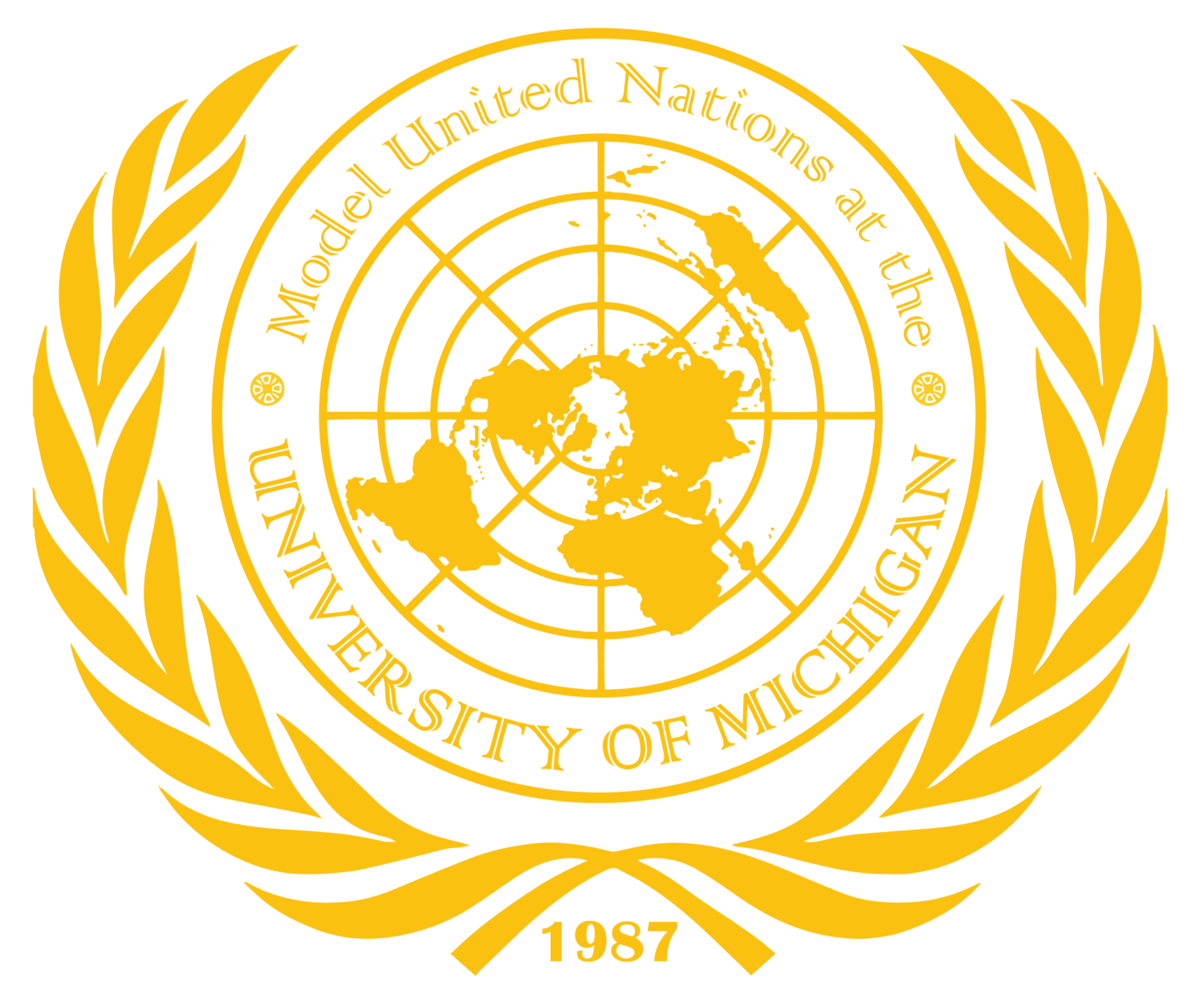By: Sönke Pietsch
Picture the British House of Commons. Speakers stand in the middle of the four sections of opposing benches. Choosing one group to address is unrelentingly difficult and a challenge to master successfully. This is the exact situation some delegates in the International Olympic Committee face when addressing the room as a whole. Not wanting to turn their backs on over a fourth of the council at one time, some delegates have seemingly chosen to put on a show: spinning 360° in one place while balancing the act of giving their speech.
Debates are making 360 circles more than the delegates seem to be able to. From discussing the benefits and downsides of possibly co-hosting the competition between two nations to addressing the issues of neutrality in the possible host nations for the 1992 Olympics, every representative seems to constantly bring new ideas, points and considerations to the table. To put this into perspective, delegates have already discussed the possibility of hosting the 1992 games in Tokyo, Athens, Sweden and Finland (co-hosting), USSR, Australia and Mecca to name a few, although a plethora of other cities and countries have been flung into the conversation and have yet to be addressed. In the meantime, delegates continue their substantive debates.The Jamaican representative’s would like to “finally know where the funding for all of this will come from”. As one, delegates from all parts of the world seem to be able to choose from an endless (just like a circle) list of facets when addressing the question of where the 1992 Olympics will be.
While the room deliberates on where the Olympics should be held, two delegates seem to have already decided for each other where the games will not be held. In a flurry of spinning rights of replies, the representatives of the USSR and Australia have launched fact-filled jabs at each other in an effort to dissuade the committee from choosing their opposition as the optimal location for the 1992 games. In one particularly inflammatory right of reply, the delegate of the USSR shot back at Australia’s comments of irrelevance by “finding the comments deeply respectful” and “laughing hysterically at the prospect of ‘hopping on the Australian wave’”. As is evident, these delegates still have much to debate
While the delegates continue their debates, the committee seems to have come full circle in the agreement that finding consensus in answering the topic question is impossible. To put it into the words of the chair of the IOC, the topic, different perspectives and working papers have reached “17 levels of absolute not” while the internal dynamics continue to shift. To close, the delegates from IPC wish the entire committee the best of luck in any of the endless future endeavors and does not spin out of control.
